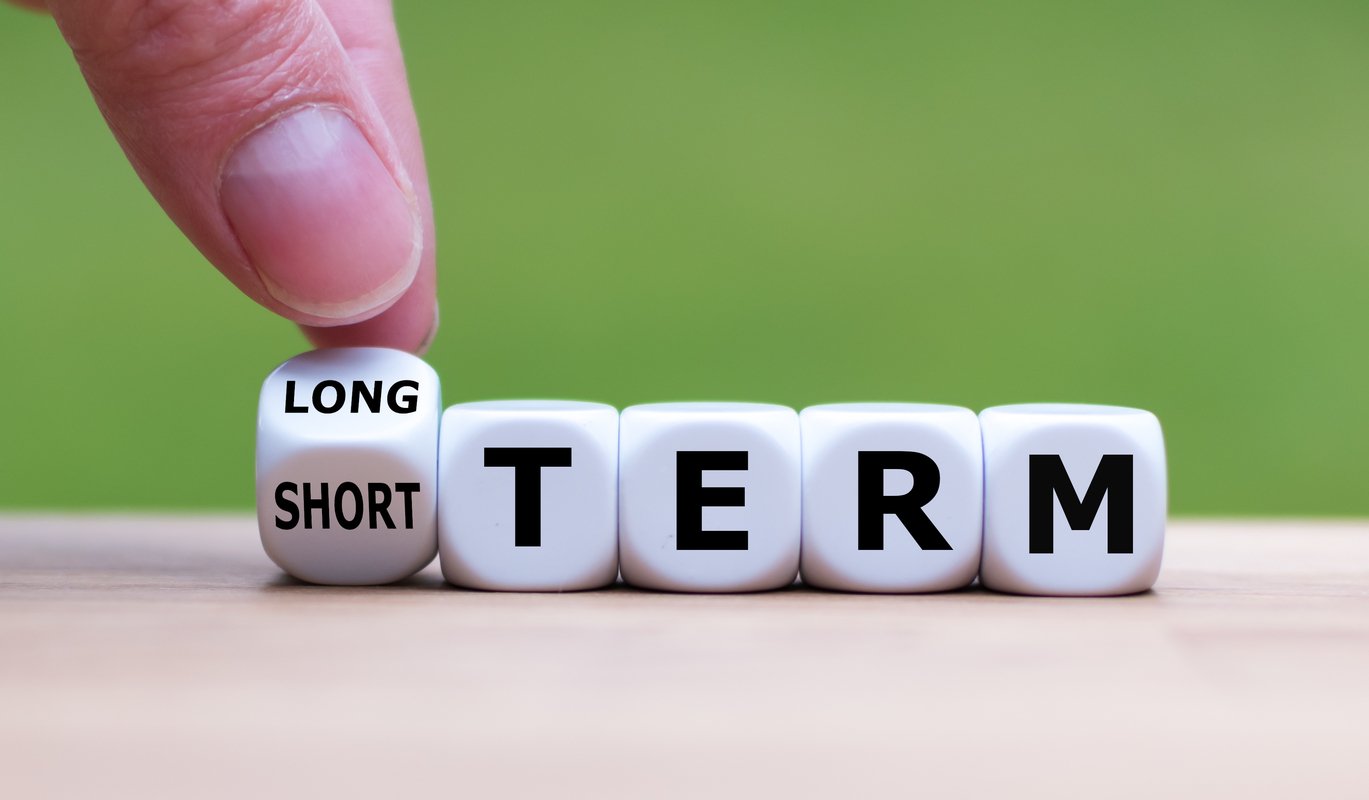Like its giant rivals, British American Tobacco (BTI +0.76%) dodged several bullets recently when President Trump decided to back away from a complete ban on flavored e-cigarette liquids, and the Food and Drug Administration temporarily shelved plans for tough new regulations on nicotine in traditional cigarettes.
Both actions should help the cigarette leader continue generating profitable sales, even though one of those businesses is under greater scrutiny by regulators and the other is suffering the effects of the secular decline of the industry.
So let's look at whether investors should consider British American Tobacco stock a buy.

Image source: Getty Images.
Smoke 'em if you got 'em
The tobacco industry is a lot more diversified and nuanced than it was when simply producing cigarettes was the norm. While the number of players is much more concentrated due to mergers and acquisitions, the kinds of products and technological advances they offer are much broader. And British American Tobacco has a leading role in most of them, if not all.
The cigarette leader divides its business into two segments: traditional cigarettes (what it calls strategic combustibles), and potentially reduced-risk products like e-cigarettes, snus, and the fastest growing segment of the tobacco products market, nicotine pouches.
Combustibles are what pay the bills, accounting for 64% of British American's total revenue, or almost $7.8 billion. Yet they're also in a significant decades-long decline.
The Centers for Disease Control and Prevention says the number of adults who smoke has tumbled from 42.4% of the U.S. population in 1965 to just 14% in 2017, and British American's cigarette volumes are down 3.7% year to date.
According to the most recent data from Nielsen, traditional cigarette sales tumbled 6.8% during October, which follows a 7.3% drop in August. The declines comes as cigarette companies have hiked prices three times this year, an unusual occurrence that was started by Altria (MO +3.73%) as it tried to make up for falling volume last year.
An e-cig warning sign
Although the drops seem steep, they ameliorated somewhat as federal regulators responded to an outbreak of lung illnesses caused by vaping that led to thousands being injured and dozens of people dying. Despite having an inkling early on that the cause was illicit vaping e-liquids sold on the internet, something they've all but nailed down as the culprit, regulators continue to advocate that people give up vaping altogether.
It seems to have had an impact on sales. Year-over-year e-cig volumes went from being up over 60% in August to rising just 18% by October.
Hardest hit was Juul Labs, the leading e-cig maker, which saw its volume growth slow from a 50% increase in August to a 3.9% decline in October. Not only did it stop selling flavored pods for its e-cig during that time, which hurt sales, but the Juul device was also the one singled out most often by those who had fallen ill.
That creates a big opportunity for British American Tobacco, as it recently submitted to the FDA its pre-market tobacco application (PMTA) for its Vuse e-cig. Only Philip Morris International (PM +0.87%) submitted and had approved a PMTA, for its IQOS device, and other makers may not be able to afford or handle the complexity of the process. If British American can make it through the regulatory labyrinth, it may be one of only a select few allowed on the market.
Currently Vuse is the third largest e-cig with around a 10% share, down sharply from the 17% share it held two years ago when it was the second biggest. It's been eclipsed by NJOY, which has taken to steeply discounting its e-cigs, selling them for $0.99 in stores. In comparison, a Juul sells for around $35.
The tactic is working as NJOY went from less than 2% market share to second place with an 11.6% share. British American has now also begun cutting the price of its e-cigs, selling its Vuse Alto brand for $0.99, down from $25. While that may help it maintain or even boost its market share, it's going to cut into profits. Unlike combustibles, where tobacco companies can almost raise prices at will, e-cigs don't have that same kind of pricing power.
A price worth paying
Many investors, however, come to British American Tobacco for its dividend, which currently yields a robust 6.9% annually. Yet its payout ratio is 65%, which is on the high side. It's not wholly unsustainable for this company, but with declining cigarette volumes and the need to sell its e-cigs at a huge discount, it may not be a smooth ride, either.
What it has going for it are leading cigarette brands and the potential to be one of just a handful of e-cig companies with products on the market. It's not the same landscape as when British American Tobacco was simply selling cigarettes and chewing tobacco, but it's one where its stock can still be considered a buy.








